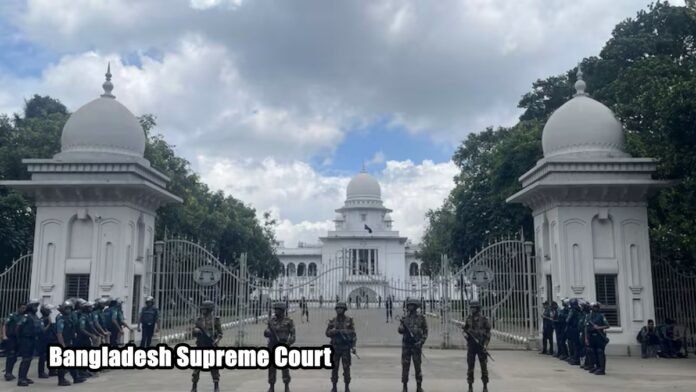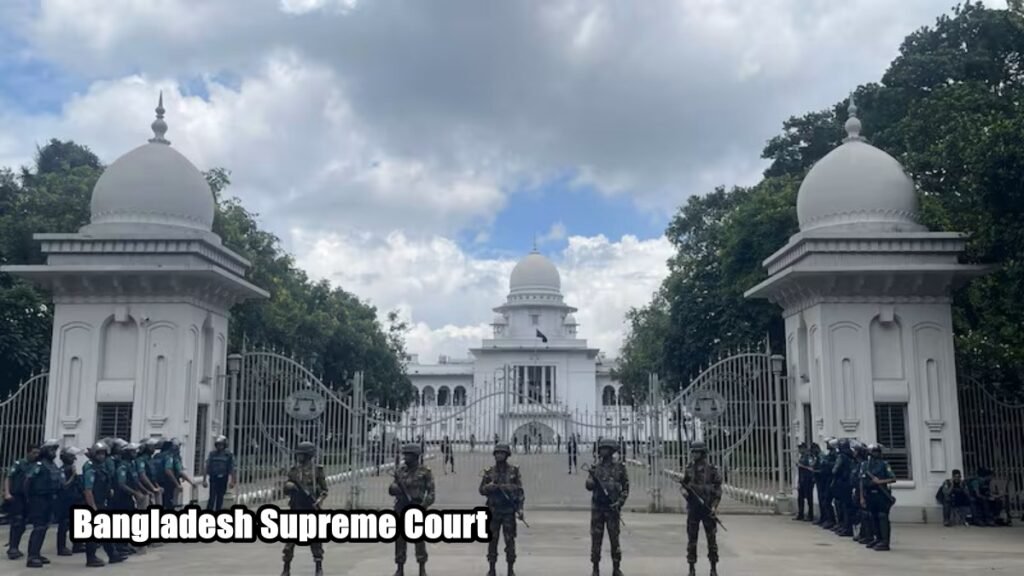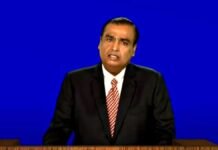
Dhaka: After weeks of intense anti-government protests, Bangladeshi Prime Minister Sheikh Hasina has stepped down, ending her more than two-decade-long dominance in the country’s politics. The situation escalated further as protesting students turned their attention to the judiciary, demanding the resignation of all judges, including Chief Justice Obaidul Hasan.
Protests at the Supreme Court
Hundreds of students encircled the Bangladesh Supreme Court, urging Chief Justice Obaidul Hasan to immediately step down. Reports indicate that the Chief Justice has already left the campus, leaving the court in turmoil. But why did the students turn their anger toward the judiciary?
The Chief Justice’s Controversial Move
The trigger for the protests was the Chief Justice’s decision to convene a full-court meeting without consulting the new interim government. Students allege that the judges are part of a larger conspiracy, leading to heightened tensions. Despite the cancellation of the meeting, the protesters persisted, demanding justice and accountability.
Minister’s Bold Demand
Asif Mahmud, an advisor to the Ministry of Youth and Sports, openly called for Chief Justice Obaidul Hasan’s unconditional resignation. In a Facebook post, Mahmud accused the judiciary of undermining the interim government and labeled them “fascist.” The pressure on the Chief Justice intensified as protesters rallied outside the Supreme Court premises.

Uncertain Future
Sheikh Hasina’s departure leaves a political vacuum in Bangladesh, where her Awami League and the Bangladesh Nationalist Party have long been rivals. The country has a history of military coups, and the international community is closely monitoring the situation. While the streets celebrate her resignation, challenges remain, including protecting religious minorities and maintaining law and order.







































